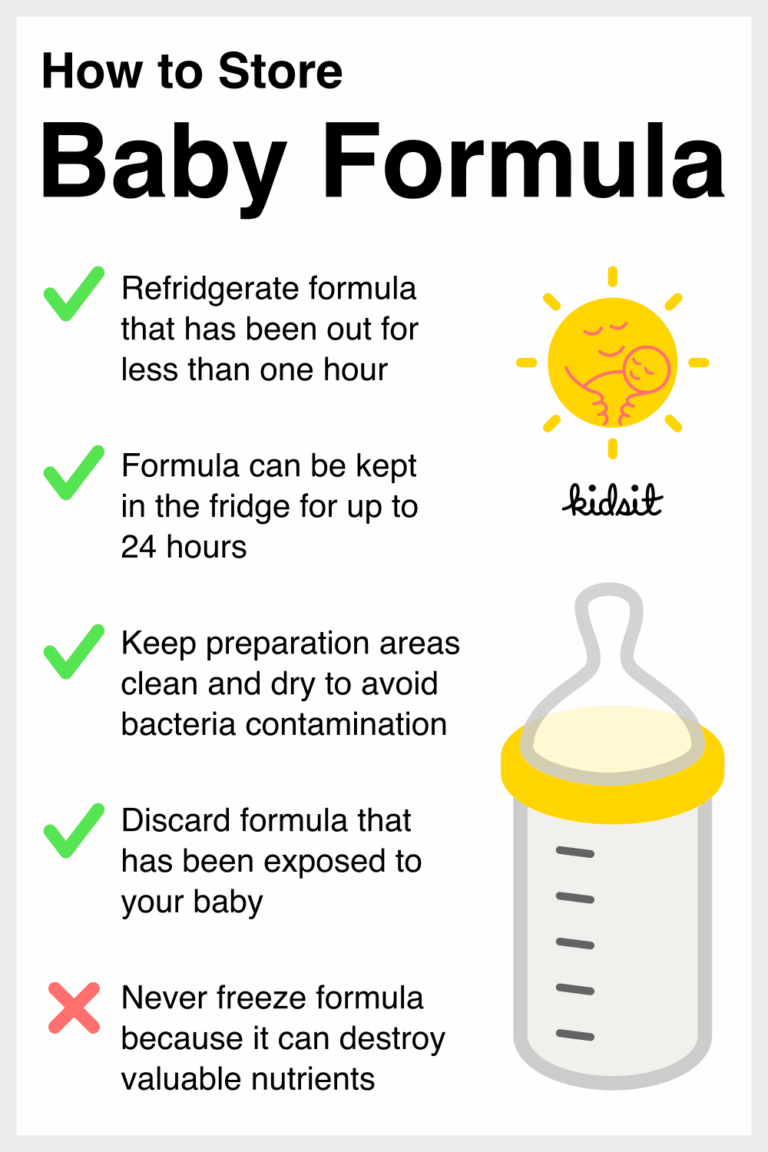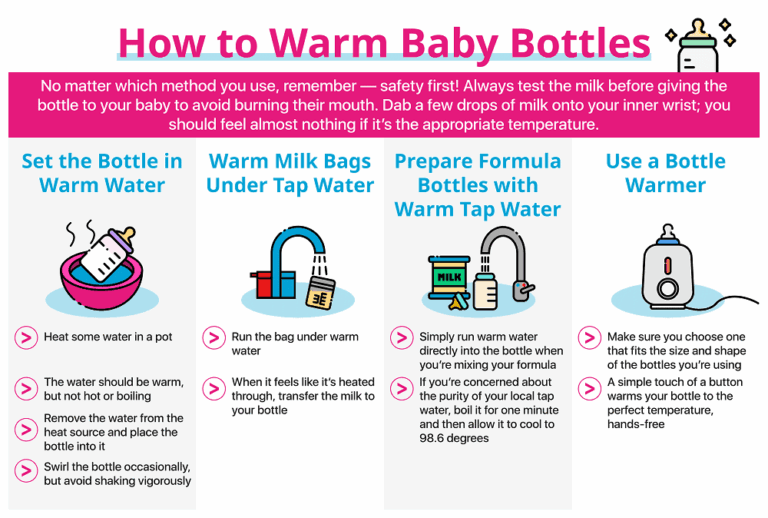How Long To Wait If Baby Not Moving: What You Need To Know
Are you a parent-to-be or a concerned family member wondering about the movement of the baby in the womb? The anticipation and joy of feeling your baby’s movements can be an exciting part of pregnancy. However, it’s essential to be aware of what to do if you notice a decrease in your baby’s movements. In this article, we will discuss how long to wait if the baby is not moving, what it could mean, and when to seek medical attention.
Knowledge
During pregnancy, feeling the baby move is a sign of their well-being and development. Most pregnant women start feeling fetal movements, also known as quickening, between weeks 18 and 25 of pregnancy. As the pregnancy progresses, these movements become more pronounced and regular.
However, there are times when you may notice a decrease in your baby’s movements. It’s important to remember that babies have periods of rest and activity, but if you notice a significant reduction in movements, it could be a cause for concern. The general advice is to monitor your baby’s movements daily and get to know their usual patterns. If you notice a change in these patterns, it’s essential to take action.
Many healthcare providers recommend doing a “kick count” or fetal movement count to track your baby’s movements. This involves paying attention to the time it takes for your baby to make ten movements. If you notice a reduction in your baby’s movements or if they stop moving altogether, you should take action.
If you are concerned about your baby’s movements, it’s crucial to contact your healthcare provider right away. They may recommend various tests, such as a non-stress test or ultrasound, to check on your baby’s well-being. Remember, it’s always better to be safe than sorry when it comes to your baby’s health.
Conclusion
In conclusion, knowing how long to wait if your baby is not moving is crucial for every expectant parent. While it’s normal for babies to have periods of rest, a significant decrease in movements could signal a problem. Trust your instincts and never hesitate to contact your healthcare provider if you have any concerns about your baby’s movements.
Remember, the health and well-being of your baby are of the utmost importance. By being proactive and seeking medical attention when needed, you can ensure that your baby is safe and healthy throughout your pregnancy. Stay informed, stay vigilant, and enjoy the journey of pregnancy with peace of mind.






